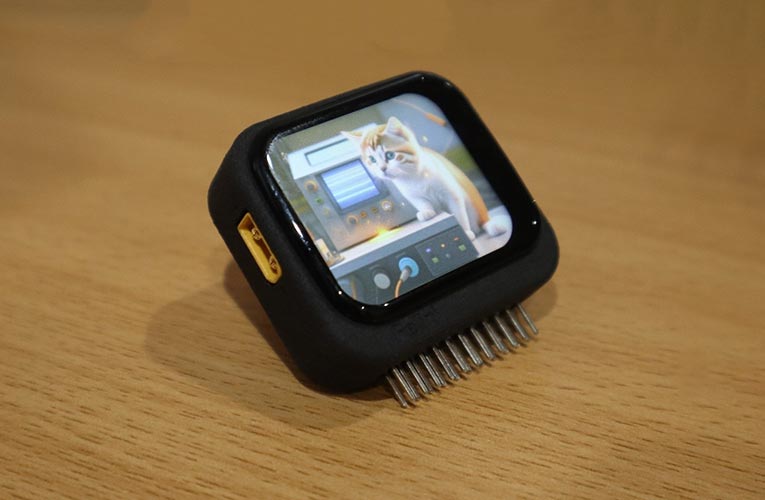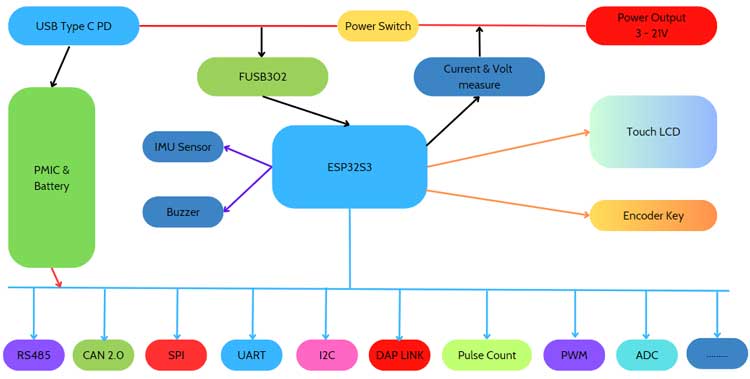
Chu Tien Thinh, an electronics engineer and enthusiast, has created a highly portable debug and test tool named Felini, designed to provide numerous hardware control and debugging functionalities in a small, cost-effective device. Thinh found inspiration for Felini from his struggle to lug around a backpack filled with various tools essential for general debugging and tinkering. Felini's design includes a USB UART supporting bitrates as high as 921,600 bits per second, a USB DAPLink programmer/debugger for Arm-based microcontrollers, an adjustable DC power supply (3.3-20V, up to 2A), a 40MHz signal generator, and a logic analyser for up to 20MHz signals. Analog work isn't forgotten, with the inclusion of a voltmeter for signals 5V or below.

Besides its primary features, Felini offers additional capabilities like a USB CAN bus adapter, USB to UART, SPI, I2C, and RS485 conversions, a system for quick-checking I2C devices, and servo control through PWM. It can also measure and count pulses and signal frequencies. Felini is designed as a compact solution, similar to a Swiss army knife for the electronics field, aiming to combine numerous common tools into one handheld device. This not only reduces the need for multiple tools, thus lightening the load for students and engineers, but also makes it more cost-efficient. Felini, based on the ESP32S3, includes a source code that can be easily modified to create a more simplified version without a screen, providing an accessible toolset even for students on a budget.

